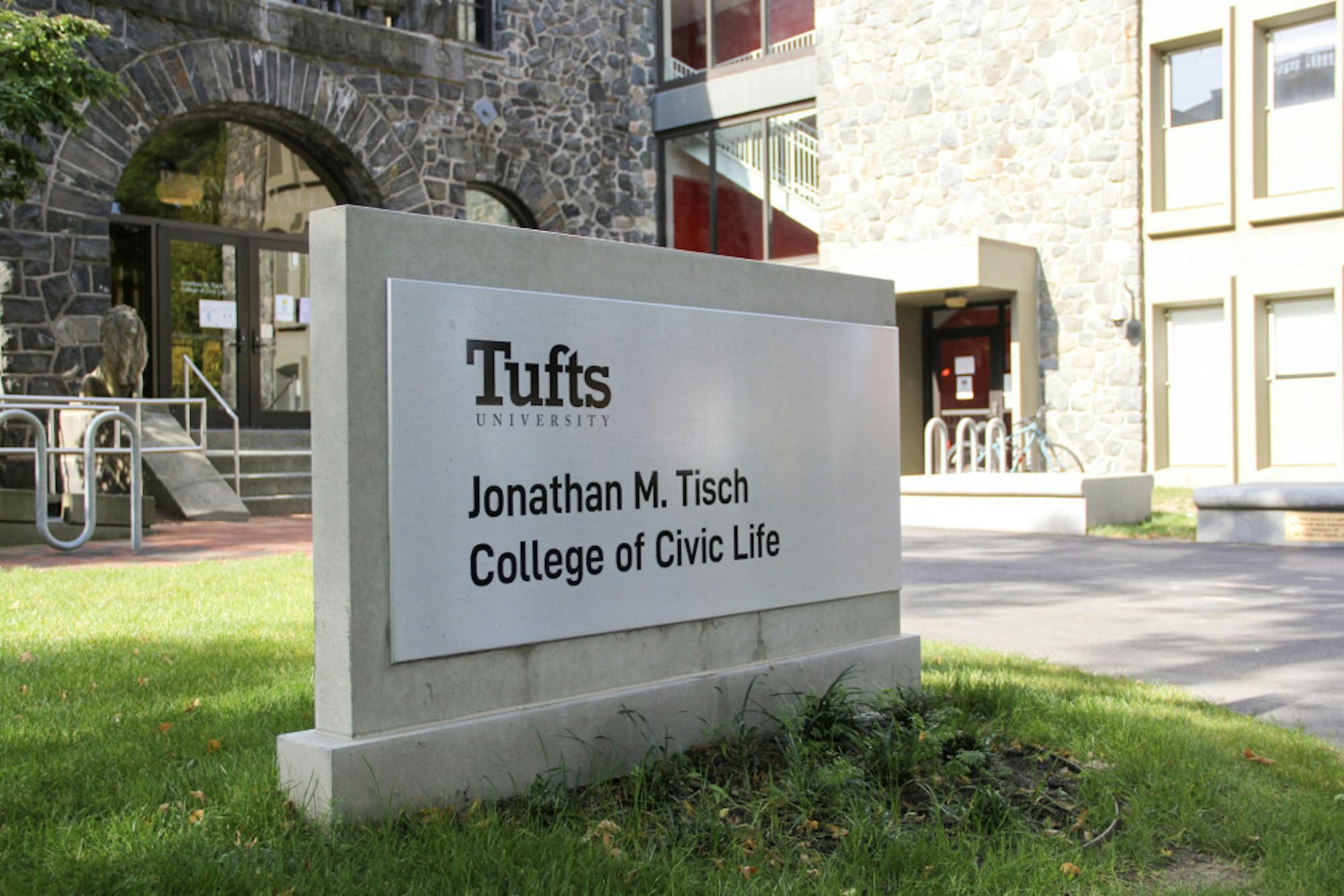Tufts' Center for Information and Research on Civic Learning and Engagement released a report evaluating the Guardians of Democracy (GoD) program early this semester on Sept. 14. GoD,an initiative developed by the Lou Frey Institute at the University of Central Florida and the Illinois Civics Hub, offers free online courses on civics education pedagogy to K-12 teachers. The report found that the courses improved teachers' knowledge of civics pedagogy and increased their self-awareness about the methods they use to teach the material.
According to Director of CIRCLE Kei Kawashima-Ginsberg, GoD was developed in response to a law in Illinois that requires all high school students to take a civics course before graduation. With the new law in place, teachers needed resources on how to make civics education more engaging by shifting away from lecture-based teaching and toward issues-based discussionsand simulations of democratic processes.
Noorya Hayat, a senior researcher at CIRCLE, said that based on the evaluation, the GoD program successfully teaches civics education pedagogy in an online format.
“We generally wanted to know if teachers can learn [civic education instruction] online in a very high-quality way,” Hayat said. “And they [can].”
Kawashima-Ginsberg said the evaluation underscored the importance of developing a sense of community among teachers in civic education.
“We heard that over and over in focus groups where [teachers] felt alone, sometimes in their small rural community, but then when they had this access to the online community of other teachers who could say, 'I know exactly what you mean,' it really kept them going,” Kawashima-Ginsberg said. “So that space is really important.”
Another key finding from the report was the scalability of the GoD program. Hayat explained that the course employs a "train the trainer" model, meaning that teachers who attain the "mastery" level of the courses can go on to instruct others in the same material.
“We wanted to study [if] this can be replicated at a very low cost, but high quality and online," Hayat said. "A train the trainer model is sustainable and scalable and it shows promise.”
Hayat further explained how the GoD courses enhance K-12 civic education by shifting the focus from learning about facts and figures to encouraging skills development.
“[The teachers previously] had a different conception of how to do this; [they employed a] very content-heavy … and a very basic model of teaching civics, which was mostly history-focused,” Hayat said. “This [new program] is more about how ... you … support your students to become active, engaged citizens through proven practices.”
Mary Ellen Daneels, director of the Illinois Civics Hub, echoed Hayat's emphasis on the importance of skills-based civics education.
“Why do we think our students are prepared for civic life just by passing a constitution test or a citizenship test? They need a chance to practice those skills,” Daneels said. “If we want students to practice and do civics, do social studies, prepare for civic life and be responsible participants, then we've got to build their capacity to do that. And … we've got to support teachers to do that as well. So, that's really where these GoD courses come from.”
According to Daneels, the report demonstrates the success of the program at empowering teachers to implement new civics education pedagogy.
“What we wanted to do was to impact what teachers knew about these proven practices, and the report says the courses do that," Daneels said. "It also makes teachers feel like, 'I can do this.'”
The evaluation suggested a number of adjustments to the GoD program, such as adding more opportunities for hands-on practice and strengthening the social component of the program through more synchronous sessions. Daneels told the Daily that the Illinois Civics Hub and the Lou Frey Institute are already working on implementing these recommendations.
“The CIRCLE findings are things that we're acting on, even as we speak. For example, one thing [the report] said [was that] we needed to have more virtual meetups, perhaps for course participants to see one another or talk to one another," Daneels explained. "We're building two virtual meetups [into] every course now where it's optional, but we'll be there if people want to have those live conversations."
Daneels expressed gratitude toward CIRCLE for its research on the GoD program.
“CIRCLE has just been a really invaluable partner to us and given us really meaningful data," she said. "I really appreciate how the CIRCLE team frames the importance of data and helps us interpret it in reports like this, to not only highlight the good but [also] the opportunities for growth.”






